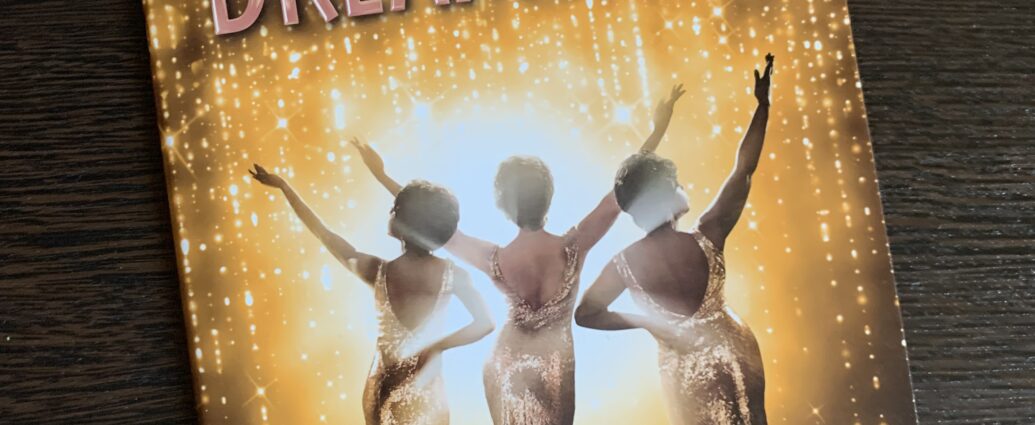Felicia Roberts
Dreamgirls is a multi-award winning West End musical, with a heavy focus on Motown history. It is said to be inspired by Diana Ross & The Supremes, and depicts the journey of young women trying to break through as a girl group in the gruelling music business.
As black women, making a name for themselves through decades of change and the lifting of segregation, despite a public frenzy of dismay, they face several hurdles throughout their rise to fame. The Dreamettes face racism and colourism that inevitably forces them to whiten their sound and assimilate, as well as being controlled and manipulated by powerful men which impacts their friendship and self esteem.
Portrayal of Effie White in Dreamgirls
In the beginning of the theatre show of Dreamgirls it is clear that Effie White, played by Sharlene Hector, was the powerhouse vocalist of The Dreamettes. She was the most confident of the group too, which meant that she took the lead.
“comedic and strong”
Sharlene Hector’s portrayal of the character was remarkable. She was comedic and strong. As this was for theatre rather than movie screens, she slightly played up to a stereotypical ‘black woman caricature’ – more than Jennifer Hudson did in the film adaptation of Dreamgirls.
Effie’s confidence and talent garnered attention from music manager Harris Curtis Taylor Jr., played by Dom Hartley, and they ended up dating.
However, as The Dreamettes’ career began to take off, Curtis Taylor Jr, realised that his lover would soon become an obstruction to their success. Her “blackness” in attitude, vocals, skin tone and plus body size was to hinder their reputation.
He wanted the group to blend in with the overwhelmingly white ‘prim and proper’ music industry – hence bumping Deena Jones, played by Natalie Kassanga, up to lead singer. Miss Jones had lighter skin and a slimmer body. She had a softer voice. She was palatable to a mid-1960s white audience.
Reference to Elvis Presley
“handled negative topics really well”
Personally, I think that the cast of Dreamgirls handled negative topics really well. Whilst they were representing very serious issues, they made it light-hearted. They know the audience comes to have fun, and not to watch a documentary.
Their way of saying “the music industry is racist,” without actually saying those exact words, just amplified the way it would’ve been handled in real life – snide and systematic.
At one point in the performance, a white man covered The Dreamettes’ song “Cadillac Car.” He didn’t give credit to the original singers or songwriters, and listeners took it as though it was his own work. This happened way too often in music, as the actors pointed out.
The Dreamgirls’ script referenced Elvis Presley’s white privilege in a black music scene by informing the audience of the time Presley covered “Hound Dog,” which everyone thinks is the original version. Big Mama Thornton sang the song first and even had a number one single on the R&B charts with it. However, white radio stations wouldn’t play her version as it was “just another race record”.
Standing Ovation
“you couldn’t help but raise to your feet”
Although standing ovations are usually reserved for a theatre finale, it was just before the Dreamgirls interval that Hector received her first of the night. Sharlene Hector’s impressive rendition of And I Am Telling You by Jennifer Holiday was so emotional you couldn’t help but raise to your feet. It gave me goosebumps and made my eyes teary. I’ve never sat in the same room with such a powerful singer before, it was truly an honour. I would 100% recommend everyone to go see Dreamgirls in your local theatre.
If you’re looking for another great show to check out, have a read of Maddie Rose Baker’s review of The Apology.
Featured image courtesy of Felicia Roberts. No changes have been made to this image.

